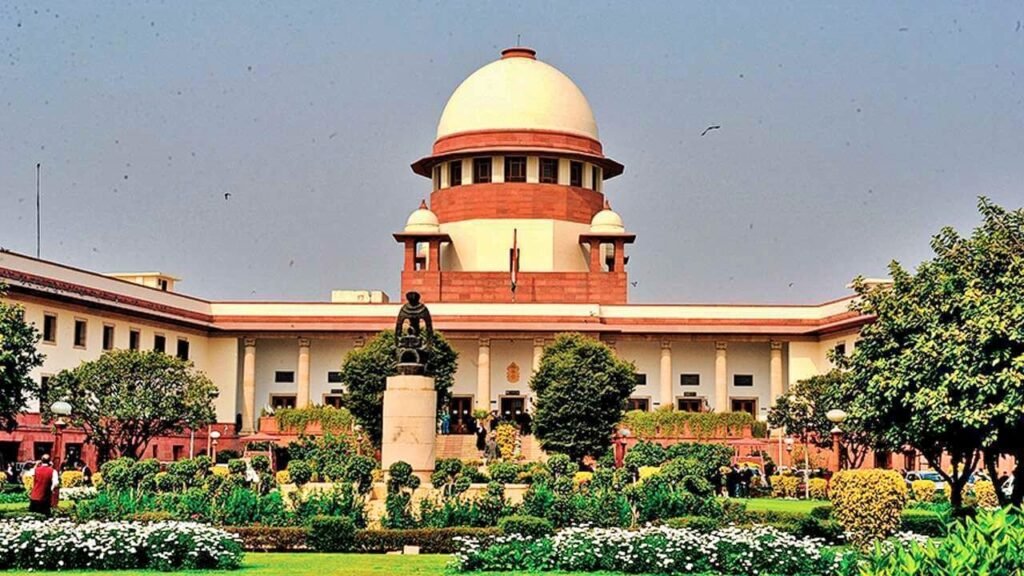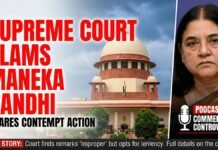
New Delhi: In a recent hearing regarding the Citizenship Amendment Act 2019 (CAA), the Supreme Court has granted the Central Government a three-week period to file a comprehensive response. Solicitor General Tushar Mehta, representing the Centre, requested additional time to prepare the government’s reply to the petitions challenging the CAA. The apex court, after considering the arguments presented by both sides, decided not to impose an interim stay on the CAA notification.
Senior advocate Indira Jaising, arguing on behalf of the petitioners, contended that the CAA should be declared unconstitutional and called for the matter to be reviewed by a larger bench. The court acknowledged the receipt of 236 petitions on the issue and resolved to issue notices for all remaining petitions.
Senior advocate Kapil Sibal, representing the opposition to the CAA, argued that the notification, which was issued over four years after the enactment of the CAA, could lead to irreversible consequences if the process of granting citizenship commences. He urged the court to impose a ban on the implementation of the notification until a final decision is made.
Solicitor General Mehta countered that the petitions would not be affected by the granting of citizenship under the CAA. However, Jaising highlighted that the issue warrants a constitutional examination, emphasizing the potential impact on the right to vote.

The court also heard from Ranjit Kumar, representing an individual from Balochistan, who questioned the objections to granting citizenship. The Solicitor General clarified that the National Register of Citizens (NRC) is not under consideration in this case, focusing solely on the CAA.
The Supreme Court has scheduled the next hearing for April 9, by which time the Central Government is expected to submit its detailed reply.
















































